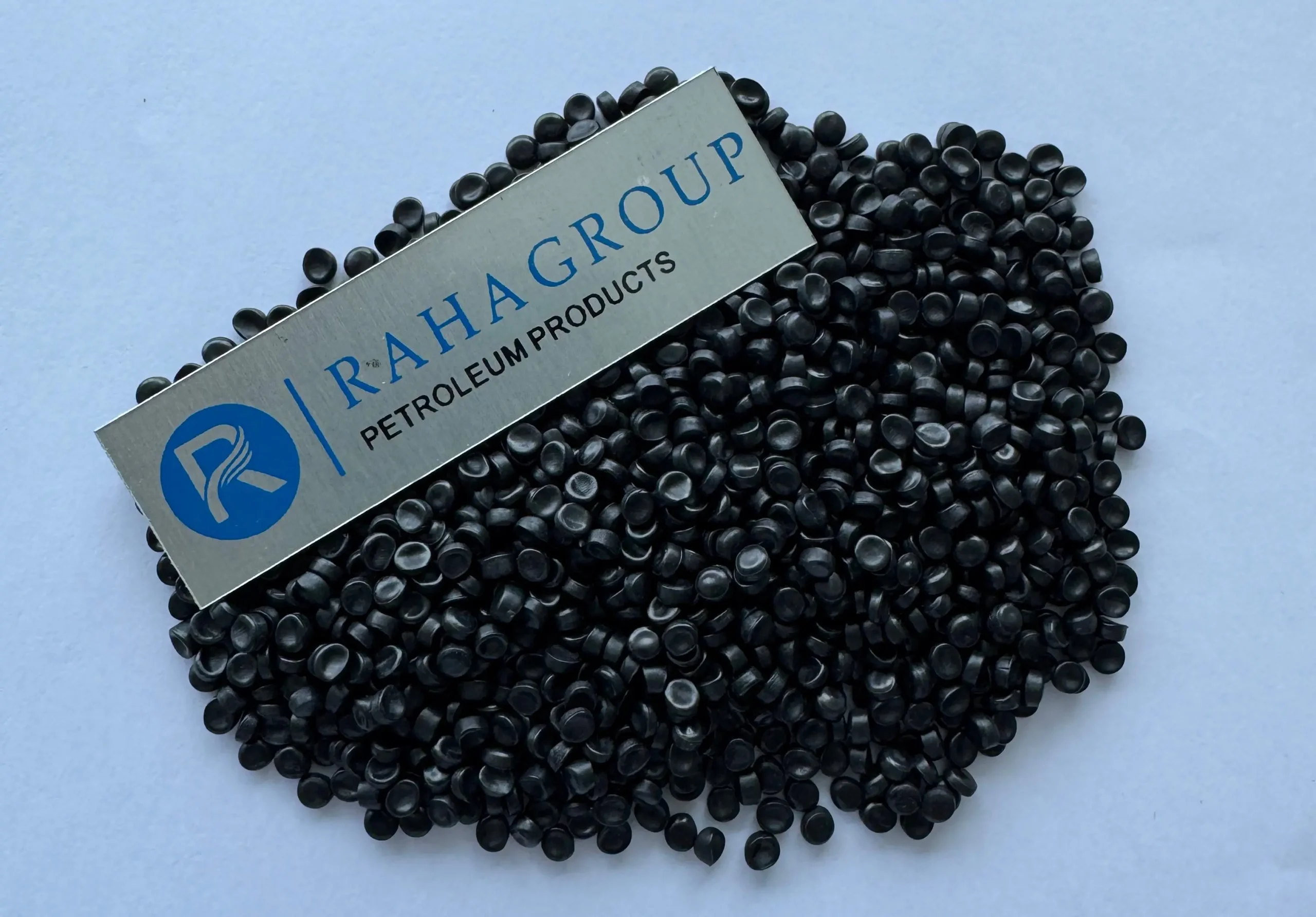
High Density Polyethylene ( Hdpe ) Introduction
High Density Polyethylene (HDPE) is a type of thermoplastic polymer produced from the monomer ethylene. It is known for its high strength-to-density ratio, making it a widely used material in various applications. High density polyethylene or HDPE is a commonly used petroleum thermoplastic and the most used of the three polyethylenes for a wide range of applications. If you look at this plastic under a microscope, you would see that it has a linear structure with few branches lending to its optimal strength/density ratio. Polyethylene-High Density grade was created in the 1930s and used in high-frequency radar cables during World War II. It was introduced to the market commercially soon. While its higher density versions yield a more rigid result, HDPE can vary in flexibility. Low density grades of the thermoplastic are less stiff and the high-density grades have equally high crystallinity.
HDPE Granules are robust, versatile materials used widely in various industries due to their unique features. These synthetic plastic granulates with a nominal granule size of 5mm are highly durable, lightweight, and resistant to corrosion and moisture. Their high density designation means these granules have a higher strength-to-density ratio, making them stronger and more rigid than their low density peers (LDPE). This characteristic gives them impressively better resistance to chemicals and temperature influences, and they often find applications in heavy-duty goods, including containers for household chemicals, hard hats, and insulating wires. As a result of its molecular makeup, this polymer shines brightest in applications where moisture resistance and cost-effectiveness are needed.
High Density Polyethylene (HDPE) Application
Plastic bottles: Most people are informally introduced to the durable plastic through water bottles. HDPE is great for blow-molding applications, particularly food and beverage containers because it won’t leach into the bottles’ contents. In addition, HDPE is recyclable which makes it a great choice for these highly disposable products.
Toys: HDPE is UV resistant which helps keep the toys resistant to the ray’s damaging and discoloring effects.
Chemical containers: With its chemical resistant properties, HDPE is great for laundry, shampoo, conditioner, household cleaning products, motor oil, antifreeze and recycling bins. The strength of these bottles is increased when they’ve been colored or pigmented.
Pipe systems: HDPE pipe grade sheet has a higher molecular weight compared to the standard HDPE used in the above examples. This strengthening with its UV-resistance makes it ideal for piping and outdoor applications. Pipe grade sheet has the ability to withstand -140 to 80 degrees Celsius. It’s durable in most chemical interactions which make it useful in a lot of industrial applications.
The Top Uses for Hdpe:
- Shampoo Bottles
- Toys
- Chemical Containers
- Pipe Systems
- Milk Jugs
- Recycling Bins
- Grocery Bags
- Cereal Box Liners
- Flower Pots
High Density Polyethylene PE 100 Description
PE 100 is a grade of High Density Polyethylene (HDPE) that is specifically formulated for high-performance pressure pipe applications. Polyethylene PE100 is well known for its increased tensile strength; stiffness; hardness and solvent resistance.
Packaging of High Density Polyethylene Pe 100
Normal packing of PE 100 is 25 Kg bag on pallet with shrinkage and strapping. With this packing we can load 25 ton product as net weight in each 40 Ft. container. This is the best high quality economical packing and shipping way of exporting for the HDPE PE 100. Some customers asks for their target labeling or packaging and it is easy for RAHA Group to handle customer inquiries. Instead of palletizing we can use big jumbo bags for bulk packing and it is possible to load 50 bags in each jumbo bag. If customer asked for a trial order we can suggest 20 Ft. container include 14 tons product with palletizing and 16 tons with jumbo bag packing but customers need to know that final price will increase.
Technical Data Sheet of Hdpe Pe 100
Characteristic value Unit Test Method
Density 0.945±0.005 g/Cm3 ISO 1183
Appearance Black Granular -- --
Melt Flow Index(190 C/5kg) 0.2±0.03 g/10 min ISO 1133
Tensile Strength at Yield 25 Mpa ISO 527
Elongation at Break 750 % ISO 527
Hardness 58 Shore D ISO 868
Hydrostatic Strength (@80C) 165 h ISO 1167
ESCR (50C,F50) 1000 h ASTM D-1693
Vicat Softening Tempreture 30 min ISO 11357
Supplier of Polyethylene PE 100
We are a supplier of Polyethylene PE 100. With years of experience in the industry, we have built a reputation for delivering high-quality products to our clients across Turkey, Romania, Bulgaria, Serbia, Ukraine, Bosnia, Poland, Greece, Oman, Iraq, Pakistan, India, Taiwan, Thailand, and Vietnam. However, our team will assist at every step to ensure a smooth and timely supply. (Contact Us)










